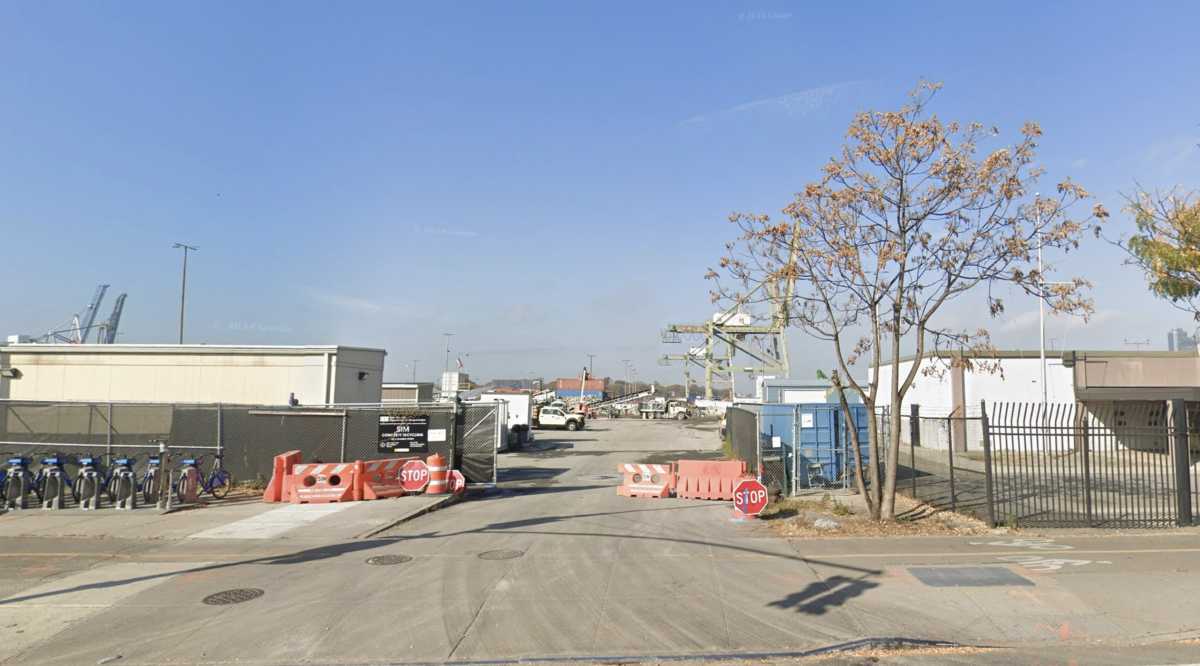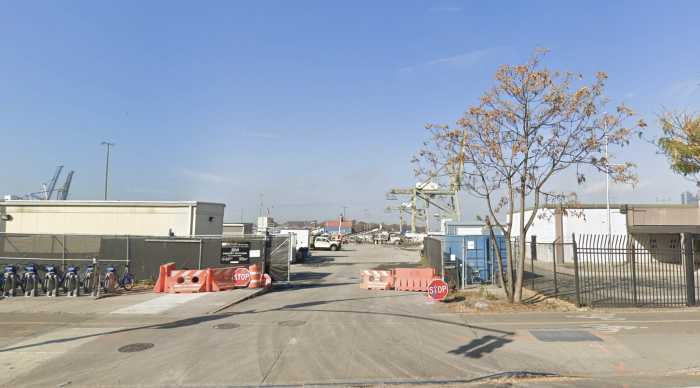Phew.
The leaders of Community Board 1 agreed Wednesday night to suspend their effort to impose a new “code of conduct” on members – a proposal that would have clearly, and unwisely, limited board members’ speech. It looks like board leaders have returned to their senses and are ready to get back to the good work that many Downtowners have come to expect and appreciate.
The uproar reached a crescendo last month when the 50-seat board considered the resolution which, shockingly, had passed two C.B. 1 committees – including the Executive Committee made up the board’s leaders. The full board tabled the resolution and when the Executive Committee considered the matter again Wednesday, the leaders quickly decided to keep the table in effect. The plan to change the board’s bylaws looks like it will die.
The most disturbing part of the proposed resolution read: “Members shall refrain from making personal, derogatory, defamatory or slanderous comments about other members or members of the staff of Community Board 1 and shall not attack or question their motives whether at a meeting or elsewhere.”
A community board’s role is to offer only advisory opinions on things like development projects, city plans and liquor licenses, so most of the members’ true power lies in their ability to ask good questions when the powerful are compelled to present to them. Blocking members from ever questioning each others’ motives almost certainly would not have been able to pass Constitutional muster in any American court. Board members would have had prohibitions on what they could discuss with their spouses if this resolution had passed.
Madelyn Wils, chairperson of C.B. 1, and some others maintain they had no desire to limit anyone’s speech, and while we are confident that was their intent, that would not have been the effect of the resolution they favored.
Robert’s Rules forbids members from questioning another member’s motives while a resolution is debated, but it is essential that members be free to question motives at other times during the meeting, as well as in conversations with the borough president or City Councilmembers who appoint or recommend them, and in interviews with the press.
This is not a theoretical discussion about hypothetical scenarios. Immediately north of the C..B. 1 boundaries is Greenwich Village’s Community Board 2 — currently struggling with an issue that only would have been exacerbated if they had the bylaws C.B.1 leaders had favored. Until recently, Bob Rinaolo, who has an ownership interest in two Village restaurants, was the chairperson of the Village board’s committee to oversee liquor licenses. He campaigned against a license from an applicant who was an ex-partner who had sued him. In addition to having that obvious conflict of interest, Rinaolo and the board’s chairperson also defied a ruling by the city’s Conflicts of Interest Board that said liquor license owners could not chair community board committees considering licenses. A bylaw change could have meant other C.B. 2 members would be disciplined for making true statements about Rinaolo’s conflicts.
Wils, according to her allies, is now drafting a memo outlining her views on how board members should act. As the board’s leader, part of her duty is to do her best to see that members act professionally and a memo is well within her authority. Other members of course will be free to respond with their own memos challenging Wils’ opinions.
Sounds like what the Framers must have had in mind a few hundred years ago.
WWW Downtown Express

































